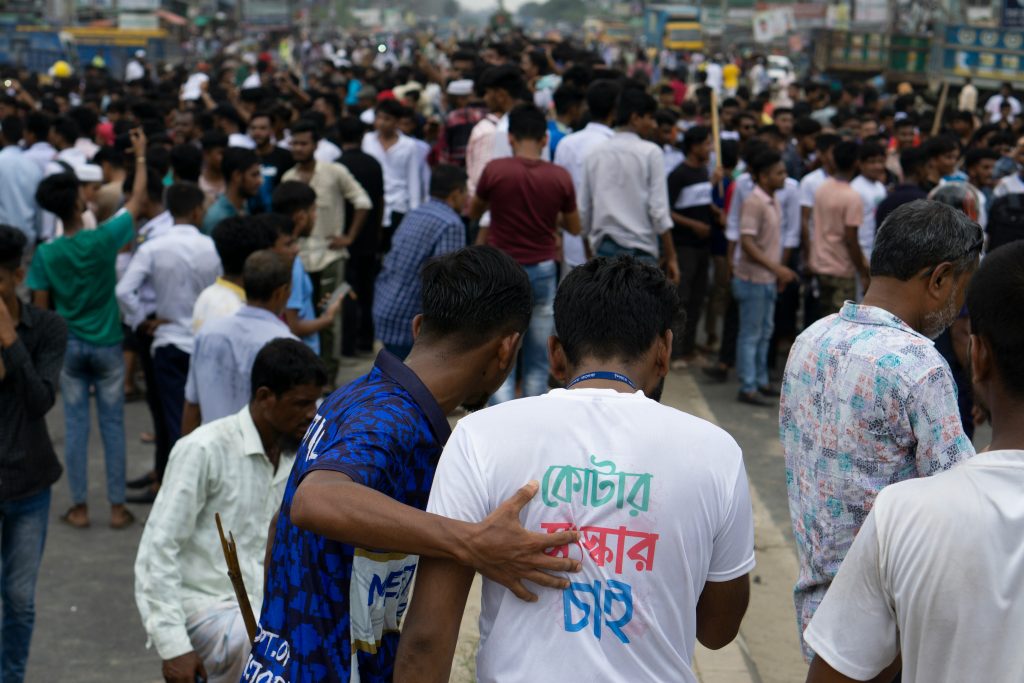Cori Bush Faces Defeat in High-Stakes Democratic Primary Race
In a significant political upset, U.S. Representative Cori Bush of Missouri has been defeated in the Democratic primary for the 1st District Congressional seat by St. Louis County Prosecutor Wesley Bell. This highly competitive race has drawn considerable attention, not only for its local implications but also for the broader national context of progressive politics within the Democratic Party.
Cori Bush, known for her progressive stance and as a prominent member of the so-called ‘squad,’ had captured the hearts of many voters with her strong advocacy for social justice and community issues. However, her bid for re-election was met with formidable opposition from Wesley Bell, whose campaign was significantly bolstered by substantial financial backing from pro-Israel groups. This outside spending played a crucial role in shaping the race, highlighting the increasing influence of external political action committees in local elections.
The primary contest was marked by a series of intense debates and advertisements, with both candidates presenting their visions for the future of the St. Louis area. While Bush focused on her achievements and progressive policies, Bell positioned himself as a pragmatic choice for voters seeking a change in leadership. The clash of these two distinct political philosophies resonated deeply with the electorate, culminating in a closely watched election.
Bell’s victory represents a notable shift in the Democratic landscape, particularly in a district that has been a stronghold for progressive candidates. His campaign’s success may signal a growing appetite among voters for more centrist candidates who can appeal to a broader base, especially in light of the challenges facing the Democratic Party in upcoming elections.
As the results rolled in, it became clear that Bell’s strategy of aligning with influential pro-Israel organizations had paid off, potentially setting a precedent for future candidates seeking to navigate the complex intersection of local and national politics. The defeat of Bush raises questions about the future of progressive representation in Congress and the role of money in politics, as well as the ongoing debate surrounding foreign policy issues that resonate with many voters.
For Bush, this loss is a significant setback, highlighting the vulnerabilities even progressive incumbents face in an evolving political environment. It serves as a reminder that electoral battles are not solely about ideology but also about the practicalities of campaigning and the importance of financial resources.
The implications of this primary extend beyond Missouri, as it reflects a broader trend within the Democratic Party, where the balance between progressive and moderate factions continues to be tested. As the party prepares for the upcoming general election, this primary outcome could influence candidate selection and campaign strategies across the nation.
In conclusion, Cori Bush’s defeat in the primary race against Wesley Bell underscores the complexities of modern electoral politics and the impact of external funding in shaping political narratives. As both candidates look ahead, the results of this election will likely resonate within the Democratic Party for years to come, prompting a reevaluation of strategies and priorities as they seek to unite their base in a divided political landscape.
Tags: Cori Bush, Cori Bush primary, Democratic primary, political funding, progressive politics, Wesley Bell
Cori Bush Faces Intense Primary Challenge in Missouri
In a highly anticipated primary election, Democratic Congresswoman Cori Bush is bracing for a fierce battle against her challengers, particularly St. Louis County Prosecutor Wesley Bell. As the political landscape shifts, Bush’s candidacy has become a focal point of contention among voters in Missouri. With the primary drawing near, the stakes have never been higher for the progressive representative, who has garnered both fervent support and vocal opposition. Bell, a well-known figure in the community, has mounted a formidable campaign, backed by significant financial resources and a substantial advertising blitz, which has heightened tensions in the race.
The primary is not only a critical moment for Bush but also a reflection of broader political dynamics within the Democratic Party. As established political figures and new challengers vie for influence, this contest has emerged as one of the most closely watched races. The involvement of pro-Israel lobbying groups, specifically AIPAC, has added another layer of complexity to the electoral landscape, indicating the race’s significance on both local and national fronts.
Bush, who gained prominence for her outspoken advocacy on issues such as racial justice and healthcare reform, faces the challenge of mobilizing her base while countering the substantial support Bell has garnered. The contrasting visions for the future of the district resonate with voters, making it essential for Bush to articulate her achievements and plans clearly. The election will serve as a referendum on her tenure and the progressive policies she champions.
With the primary election date approaching, both candidates are ramping up their efforts to connect with constituents. Bush’s campaign emphasizes her commitment to the community and the legislative victories she has achieved since taking office. In contrast, Bell’s camp seeks to portray him as a unifying figure capable of bridging divides within the party and appealing to a broader electorate.
As voters prepare to make their decisions, the implications of this primary extend beyond Missouri. The outcome may influence the direction of the Democratic Party, particularly as it navigates the challenges of maintaining unity amid differing ideological factions. Furthermore, the race underscores the growing influence of grassroots movements and the importance of campaign financing in shaping electoral outcomes.
In the coming days, all eyes will be on Missouri as the primary unfolds. Voter turnout will be critical, and both candidates will need to engage effectively with their constituents to secure a victory. The election serves as a crucial test of political resilience and the power of grassroots activism in the modern political arena. Regardless of the outcome, this primary is sure to leave a lasting impact on the future of the party and the representation of progressive values within Congress.
Tags: AIPAC, Cori Bush, Democratic Party, Missouri Primary, Wesley Bell


